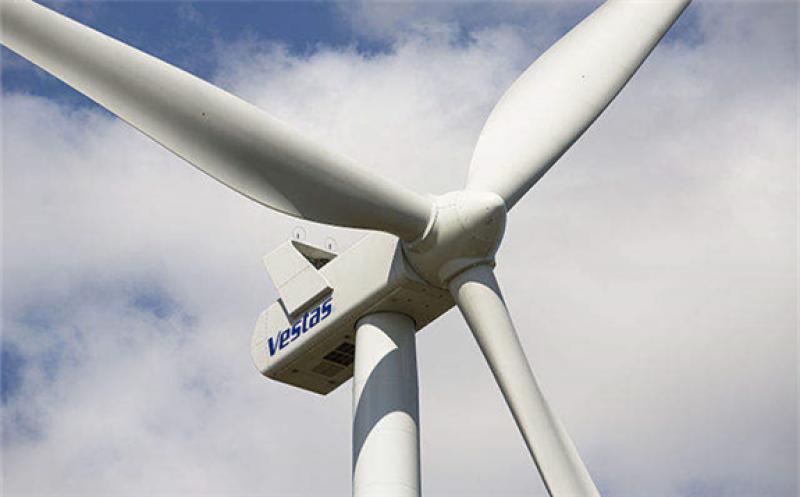
Solid waste contributes an estimated 5% of global greenhouse gas emissions, and Vestas says waste generated from wind turbine blades could be as much as million tonnes accumulated by 2050.
Vestas plans to produce zero-waste wind turbines by 2040 to include addressing value-chain waste in its sustainability activities.
The Danish company claims to be the first turbine manufacturer to commit to zero-waste wind turbines and aims to do so by “developing and implementing a new waste-management strategy that will introduce a circular economy approach in the different phases of the value chain: design, production, service, and end of life.” It will implement the strategy over the next two years.
Vestas reports that an estimated 11.2bn tonnes of industrial waste is collected annually, which can threaten the environment and global health. Solid waste contributes an estimated 5% of global greenhouse gas emissions, and Vestas says waste generated from wind turbine blades could be as much as million tonnes accumulated by 2050.
Vestas interim chief operations officer Tommy Rahbek Nielsen said: “As the world’s largest supplier of wind energy, Vestas has a responsibility to eliminate waste across its value chain. Wind energy will continue to grow rapidly, therefore the time for a conservative approach is behind us. I am proud to be part of an organisation that is making sustainability an integral component in all business operations.”
According to Vestas, its wind turbines are on average 85% recyclable, but the blades are made from non-recyclable composite materials. The company aims to increase the recyclability rate of all wind turbine blades from 44% today to 50% by 2025 and 55% by 2030.
Vestas executive vice president of Vestas power solutions Anders Vedel said: “Establishing such an ambitious goal for waste reduction is paramount to ensuring a better world for future generations. Leading the wind industry is not enough to combat the global challenges we face today. If we are to spearhead the energy transition, we must be an example for doing so in the most sustainable way, and this involves making sustainability part of everything we do.”